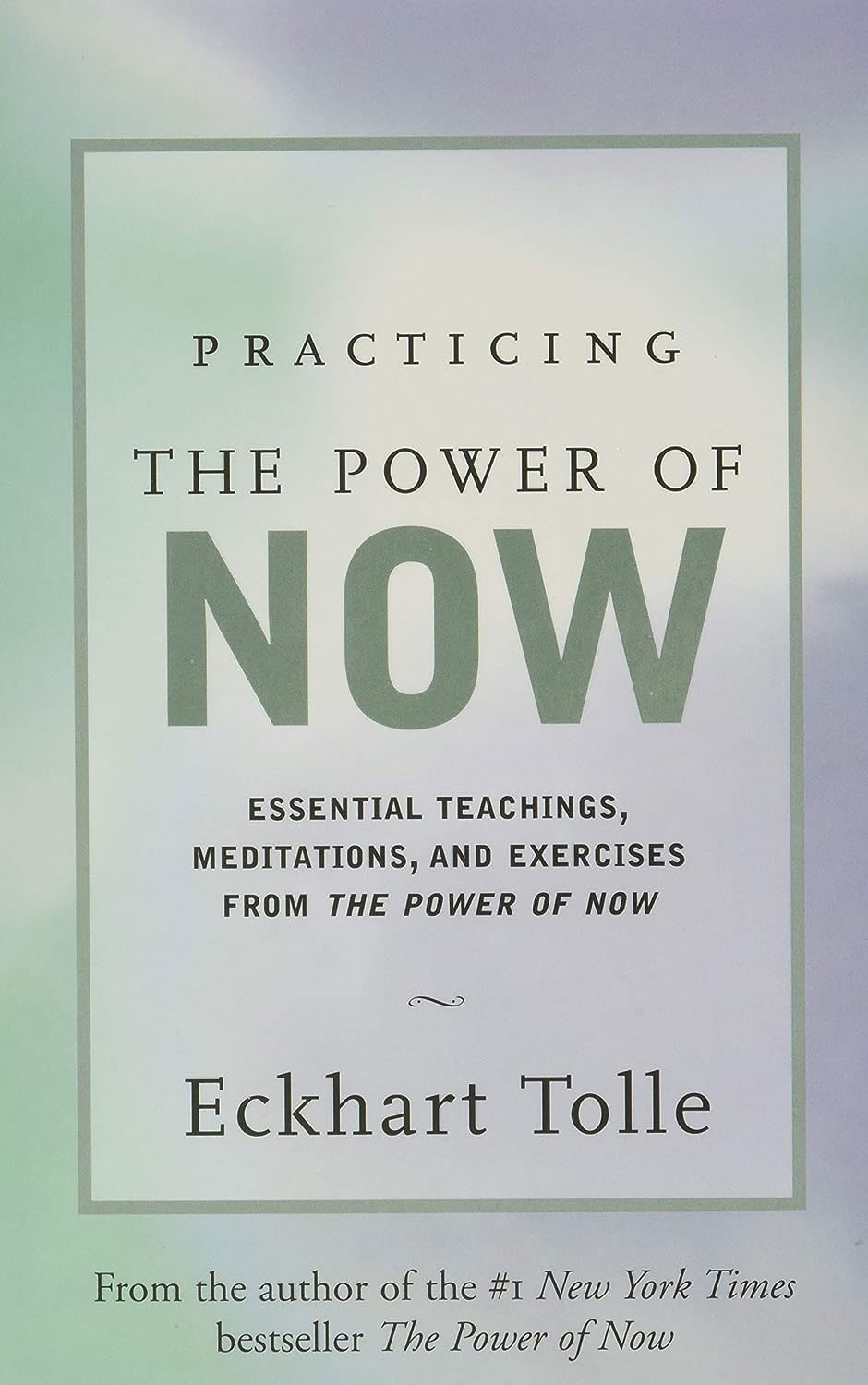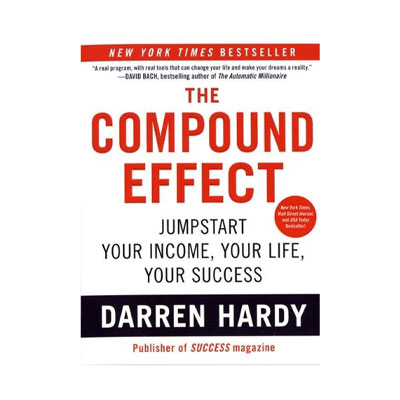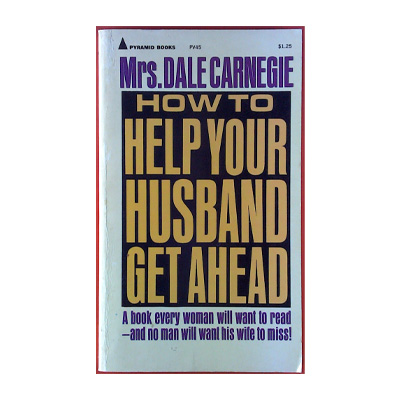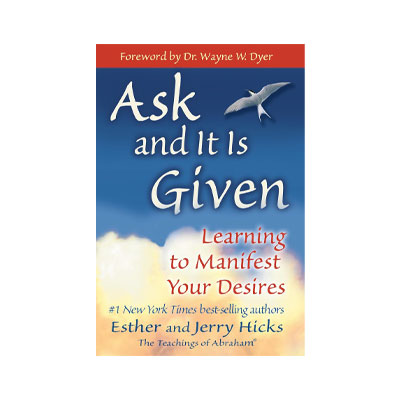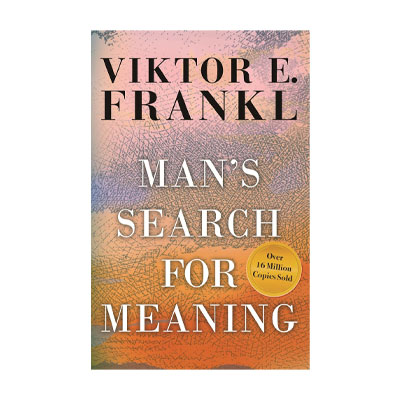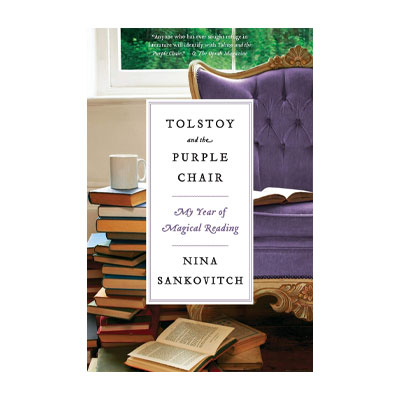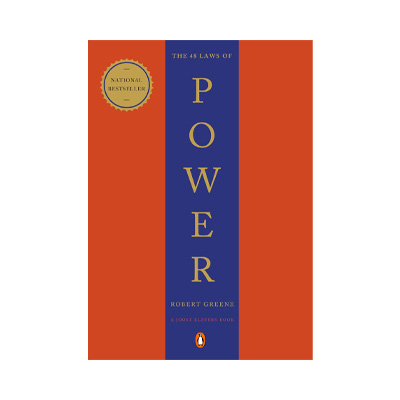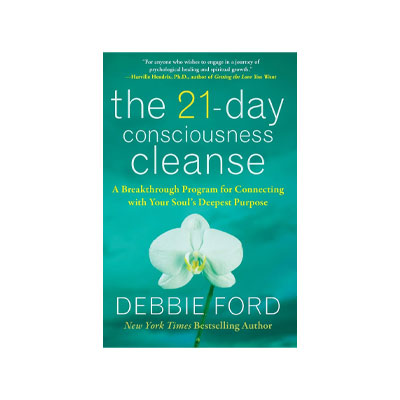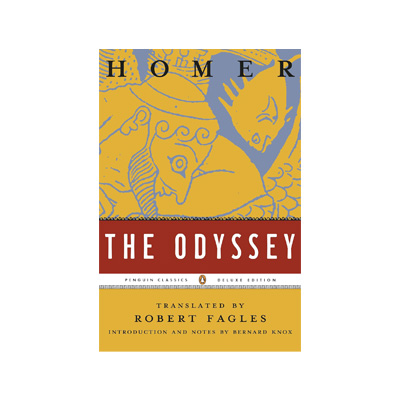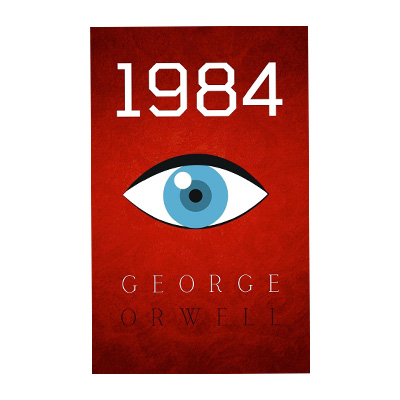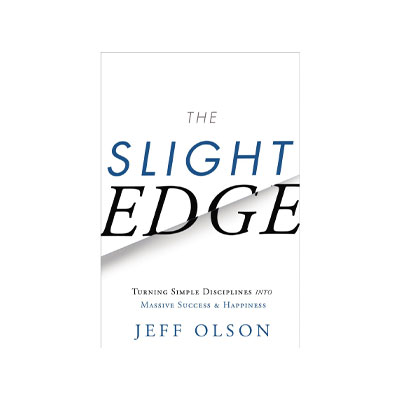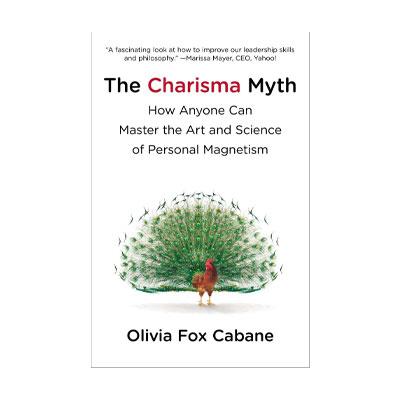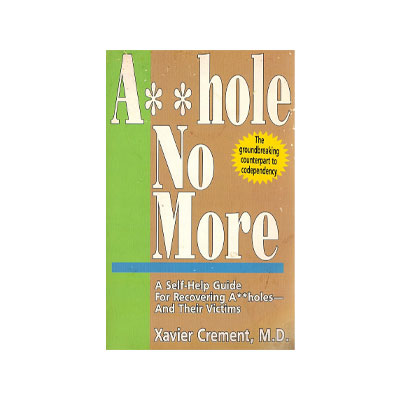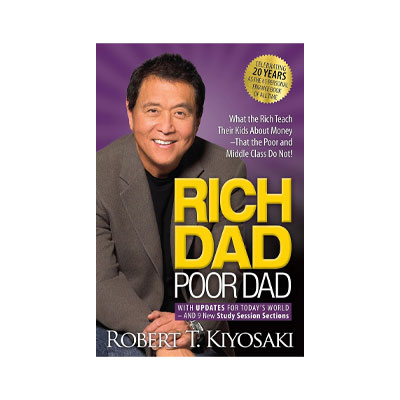Book Summary
The book "Practicing the Power of Now" by Eckhart Tolle emphasizes the importance of living in the present moment and warns against overthinking the future, which has not yet arrived, or the past, which no longer exists. It is filled with thought-provoking questions and guiding answers, and it is highly appreciated by influential personalities like Oprah Winfrey, the American producer and host, who recommends it to her followers. Many people feel exhausted and even overwhelmed by their daily lives; they need a change in perspective, exactly what Tolle highlights in this work.
He states: "This book represents the essence of my teachings, and I strive to distill my insights into words as much as possible to share them with individuals and small groups on the path to meaning." This has been my effort over the past ten years, and I am confident that this book will reach all those who seek a fundamental transformation within themselves.
Reading this book becomes even more interesting and significant when Tolle discusses his depression during his youth, leading to a profound spiritual transformation one day, after which he decides to share his teachings as a spiritual teacher with millions around the world. The concept of enlightenment, defined as finding one's true self—truth beyond appearances—is articulated within these pages.
This concept teaches readers not to perceive themselves as separate from their surroundings but to focus their attention on the present moment, guiding them towards meditation, where one distances oneself from the chatter of the mind and creates a mental gap for themselves.
It has been over 20 years since "Practicing the Power of Now" was first published, and it continues to be reprinted because every reader who engages with it shares its impact with others, increasing curiosity. The methods presented throughout the various pages of this book enhance the spirit of living for its audience, creating a realm filled with joy, peace, and vitality for humanity. The spiritual creator of this work aims to convey and clarify three main themes for everyone through all his efforts for his own life and the transmission of these concepts to readers:
- Life consists only of the present moment.
- Pain is the result of resistance to things that cannot be changed.
- By observing the mind and not judging your thoughts, you can free yourself from pain.
About the Author
Eckhart Tolle is a German author born on February 16, 1948. He is currently a Canadian citizen and was named the most influential spiritual figure in the world by Watkins Review in 2011. After graduating from the University of London, he worked as a researcher at Cambridge University for a time. At the age of 29, Tolle underwent significant transformations in his life and began a deep inner journey. What he learned and understood during this journey and applied in moments of his life is shared in "Practicing the Power of Now." He now travels to various parts of the world carrying his teachings and educating others.
Who Should Read the Book?
Today, there are individuals in society seeking an excuse to escape from depression and mental health issues. If our response to this group is a change in their perspective and outlook, then "Practicing the Power of Now" is one of those very suitable excuses for such change. More precisely, this work serves as excellent nourishment for those whose primary desire is to achieve very positive and high performance in life, eagerly searching for its suggested techniques.
Table of Contents
Eckhart Tolle presents his emphasized concepts in this work through 10 chapters. The content of these chapters consists of questions and answers posed by audiences during his lectures. The titles of the 10 chapters are as follows:
- You Are Not Your Mind
- Awareness
- Journey into the Depths of the Present Moment
- The Mind's Plans to Escape the Present Moment
- The Space of Presence
